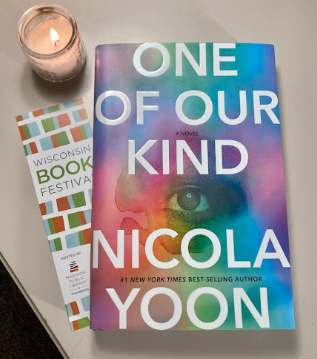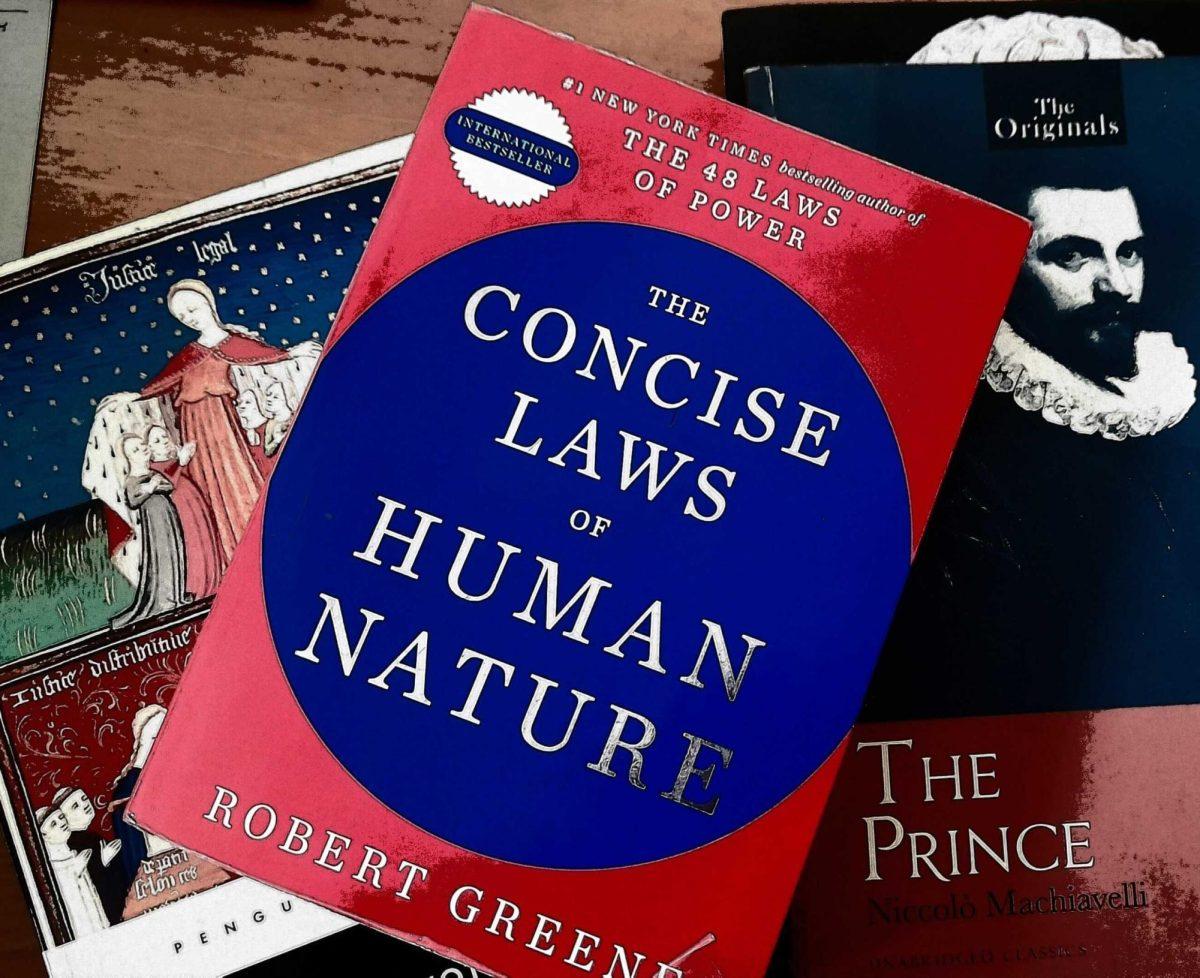“There is nothing gutsier to me than a person announcing that their story is one that deserves to be told, especially if that person is a woman.” — Lena Dunham, “Not That Kind of Girl”
From hilarious tales of her early awkward sexcapades to her personal struggles of growing up with mental illness, Lena Dunham tells all in her memoir, “Not That Kind of Girl.” She rarely misses a detail, even though many readers would likely prefer her to leave out some details — like those of tonsil stones and ingrown pubic hairs, to name a couple.
Divided into five sections, Dunham’s memoir includes chapters focused on “Love & Sex,” “Body” issues, “Friendship” and “Work.” Her stories are both humorous and, at times, tragically pathetic. When discussing her sudden urge to go to summer camp as a young adolescent, Lena explains that she simply “wanted friendships, fresh starts with people who had never seen me wet myself during Wiffle ball or hit my father outside the deli.” Yet in the end, each of her stories associates with a broader, more important message. Lena sums every thing up with her final chapter, properly titled “Big Picture,” in which she advises her readers to never lose sight of themselves, no matter what.
“Not That Kind of Girl” is an entertaining and well-written self-depiction of growing up in a sheltered, wealthy artistic community. While she includes a few unnecessary elements of her personal life (I’m sure I’m not the only one who did not care to read a detailed log of everything she ate for a week), she does provide some influence when it comes to body issues. In the section titled “Body,” Dunham writes, “The most terrifying aspect of human health is our refusal to take steps to help ourselves and the fact that we are so often responsible for our own demise through lack of positive action.” This is a wise yet unexpected perspective from her, considering she spends much of her chapter on “Body” discussing her problems with her weight. This goes to show that she acknowledges her own personal hypocrisies that are too-often focused on by the media.
Dunham also offers some inspiring insight to women attempting to make it in the notorious “Boy’s Club” of Hollywood. Though brief, such insight can be expanded across any instance of gender inequality. In her introduction, Dunham writes:
“As hard as we have worked and as far as we have come, there are still so many forces conspiring to tell women that our concerns are petty, our opinions aren’t needed, that we lack the gravitas necessary for our stories to matter. That personal writing by women is no more than an exercise in vanity and that we should appreciate this new world for women, sit down, and shut up.”
When it comes to advancing women’s rights, every voice deserves to be heard, and Dunham speaks loud and clear.
While some may debate the validity of her struggles from a cushiony upbringing in Brooklyn, one cannot deny that every person’s story is their own to tell. It’s no secret she grew up as an extremely privileged white American woman. Because of this, her book is not an attempt to be the “voice of her generation” (to reference the continually debated controversial quote from her critically acclaimed HBO show, “Girls”). Rather, it’s an attempt to share what she’s learned thus far as a sheltered and young millennial woman. This quote from the book perfectly encapsulates that sentiment: “If I could take what I’ve learned and make one menial job easier for you, or prevent you from having the kind of sex where you feel you must keep your sneakers on in case you want to run away during the act, then every misstep of mine was worthwhile.”














